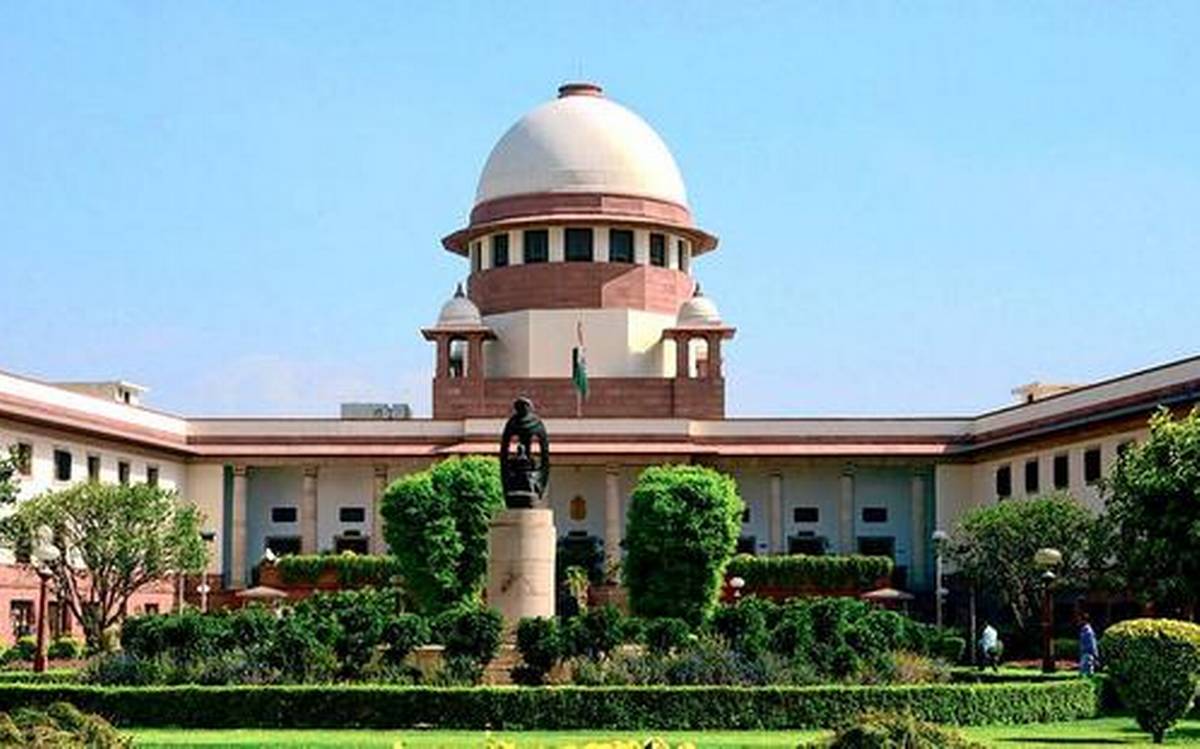NEW DELHI: The Supreme Court is set to hear on July 8 a plea seeking directives for the Centre and states to provide free sanitary pads to female students from classes 6-12 and to ensure separate female toilet facilities in all government-aided and residential schools.
A bench comprising Chief Justice D Y Chandrachud along with Justices J P Pardiwala and Manoj Misra will hear the plea filed by Congress leader and social worker Jaya Thakur, who has highlighted the challenges faced by adolescent girls from disadvantaged backgrounds in schools.
At the previous hearing on February 5, Additional Solicitor General Aishwarya Bhati informed the court that the Centre is in the process of gathering all necessary materials to develop a national policy on the distribution of menstrual hygiene products to school-going girls, in compliance with the orders dated April 10, 2023, and November 6, 2023.
On June 13, the Union education ministry issued an advisory to schools stating that female students should be permitted to take necessary restroom breaks during board exams for classes 10 and 12 and that free sanitary napkins must be provided at all examination centers.
The Supreme Court is set to reopen on July 8 after the summer vacation.
On November 6, the Supreme Court directed the Centre to establish a national model for constructing toilets proportional to the number of female students in all government-aided and residential schools across the country. The court also emphasized the need for a uniform procedure and inquired about the policy formulated by the Union government for the distribution of sanitary napkins to female school students nationwide.
During the hearing, the Centre informed the apex court that a draft national policy for the free distribution of sanitary napkins to school-going girls has been formulated and circulated to stakeholders for comments.
The top court previously warned states that had not submitted their responses to the Centre regarding a uniform national policy on menstrual hygiene for schoolgirls that it would resort to the “coercive arm of the law” if they failed to comply.
On April 10, the apex court appointed the secretary of the Ministry of Health and Family Welfare (MOHFW) as the nodal officer to coordinate with states and UTs and gather relevant data for developing a national policy. It noted that the MOHFW, the Ministry of Education, and the Ministry of Jal Shakti have schemes related to menstrual hygiene management. The court also ordered all states and UTs to submit their menstrual hygiene management strategies and plans, funded either by the Centre or through their own resources, to the Mission Steering Group of the National Health Mission within four weeks.
The states and UTs were instructed to indicate the appropriate ratio of female toilets for residential and non-residential schools in their regions. Additionally, the court asked all states and UTs to report the steps taken to provide low-cost sanitary pads and vending machines in schools, as well as their proper disposal.
The plea filed by Congress leader Jaya Thakur highlights that adolescent girls from poor backgrounds, aged 11 to 18 years, face significant difficulties in accessing education, a constitutional right under Article 21A.

